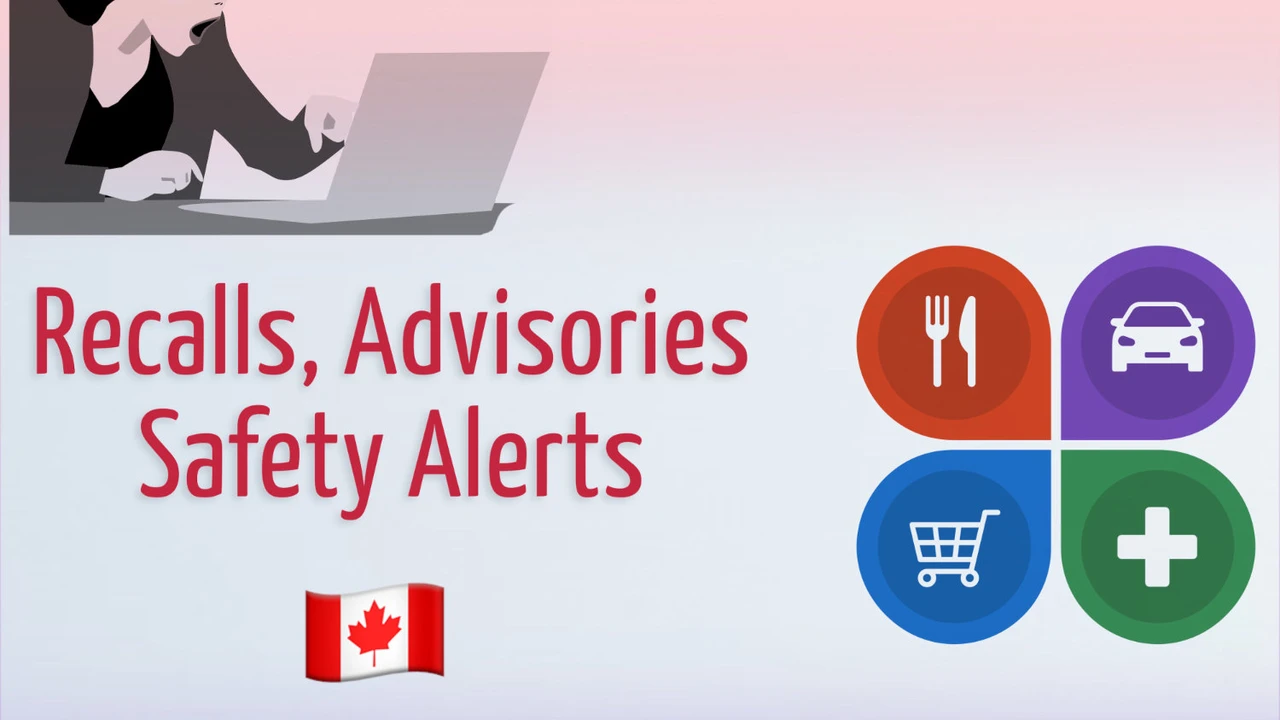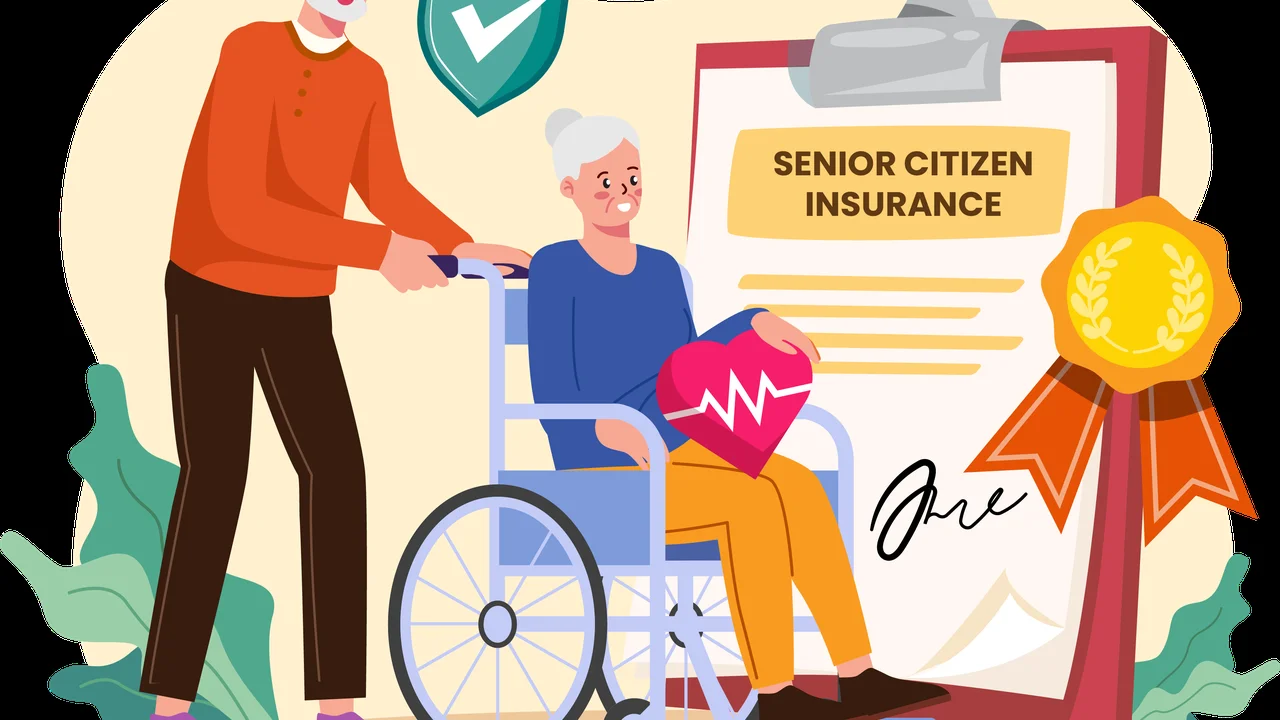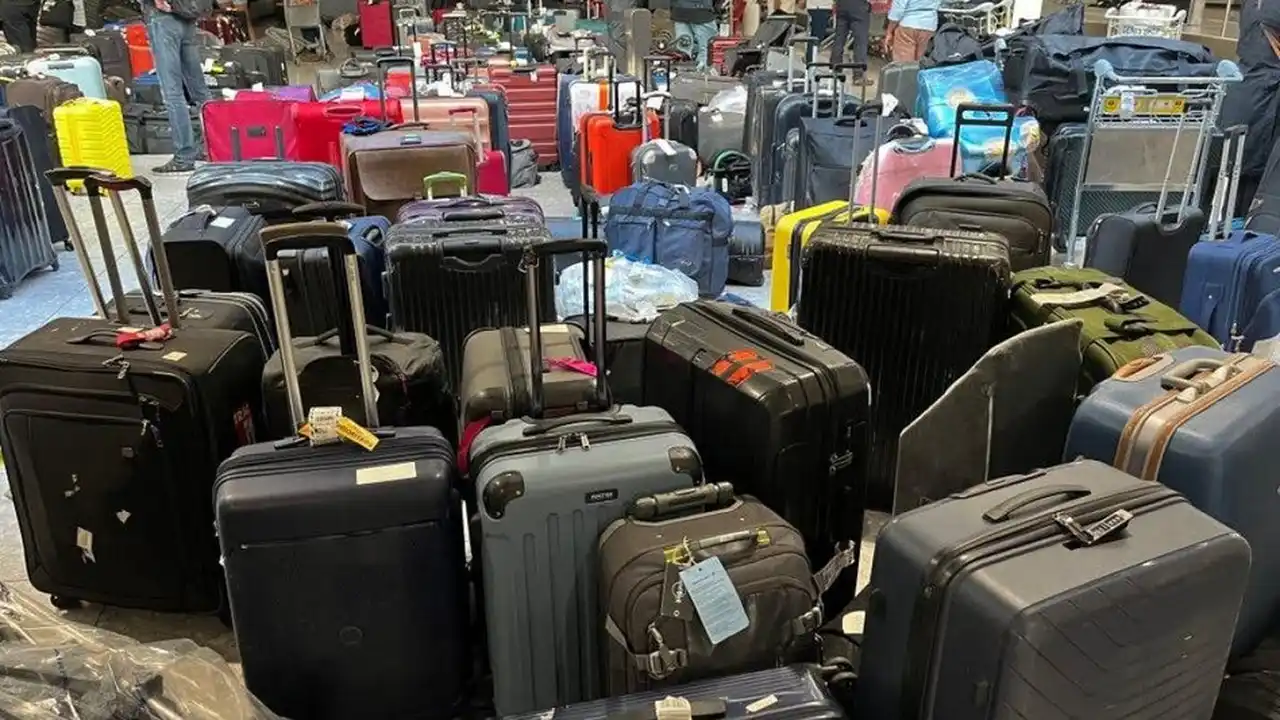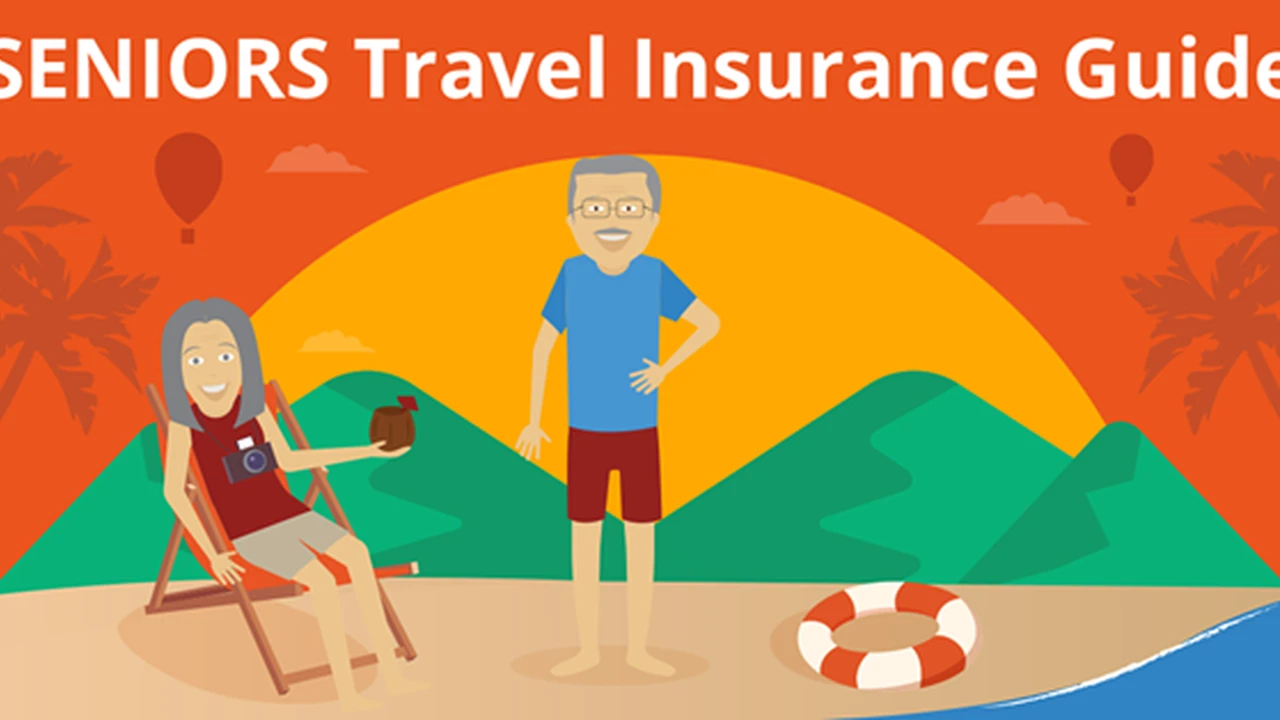The Role of Travel Alerts and Advisories: Senior Travel Safety

Protect your personal information while traveling Learn about identity theft prevention data security and online safety Travel safely and securely
Why Senior Travelers Need to Prioritize Data Security and Identity Theft Prevention
Let's face it, traveling is awesome! Seeing new places, experiencing different cultures, and making memories… what's not to love? But as senior travelers, we've got to be extra careful about protecting our personal information. We're often targets for identity theft and scams, especially when we're out of our comfort zones. Think about it: we're using public Wi-Fi, withdrawing cash from ATMs in unfamiliar locations, and flashing our passports left and right. All of this makes us vulnerable. So, let's dive into some practical tips to keep your information safe and sound while you explore the world. Remember, a little preparation goes a long way in preventing headaches down the road.
Understanding the Risks of Identity Theft for Senior Travelers
Okay, so what are the actual risks we're talking about? Identity theft can take many forms. Someone could steal your credit card information and rack up charges, open fraudulent accounts in your name, or even use your identity to file false tax returns. Imagine returning from your dream vacation only to find your bank account drained or your credit score ruined. Yikes! Senior travelers are particularly vulnerable because we often carry more cash, may be less familiar with technology, and might be more trusting of strangers. Scammers know this and often target us with phishing emails, fake websites, and other deceptive tactics. Being aware of these risks is the first step in protecting yourself.
Secure Your Devices Before You Go Senior Traveler's Tech Prep
Before you even pack your bags, take some time to secure your devices. This means your laptop, smartphone, and tablet. Here's a checklist:
- Update your software: Make sure your operating system and all your apps are up to date. These updates often include security patches that protect you from the latest threats.
- Install a reputable antivirus program: A good antivirus program can detect and remove malware that could steal your information. Norton, McAfee, and Bitdefender are popular choices.
- Use strong passwords: Don't use the same password for everything. Create strong, unique passwords for each of your online accounts. A password manager like LastPass or 1Password can help you generate and store strong passwords securely.
- Enable two-factor authentication (2FA): 2FA adds an extra layer of security to your accounts. Even if someone steals your password, they won't be able to access your account without the second factor, which is usually a code sent to your phone.
- Encrypt your hard drive: Encrypting your hard drive protects your data even if your device is lost or stolen. Windows and macOS have built-in encryption tools.
Using Public Wi-Fi Safely Senior Online Security
Free Wi-Fi is tempting, especially when you're trying to save on data roaming charges. But public Wi-Fi networks are often unsecured, meaning that anyone can snoop on your internet traffic. Here's how to use public Wi-Fi safely:
- Use a Virtual Private Network (VPN): A VPN encrypts your internet traffic and routes it through a secure server, making it much harder for hackers to intercept your data. NordVPN, ExpressVPN, and Surfshark are popular VPN providers. A VPN hides your IP address and encrypts your data, making it much more difficult for hackers to intercept your information. Many VPN services offer user-friendly apps for smartphones, tablets, and laptops, making them easy to use even for those who aren't tech-savvy. Consider a VPN with servers located in your home country for faster speeds and more reliable access to your favorite websites and services.
- Avoid sensitive transactions: Don't do any online banking, shopping, or other transactions that involve sensitive information on public Wi-Fi. Wait until you're on a secure network.
- Look for HTTPS: Make sure the websites you visit use HTTPS. This means that the connection between your browser and the website is encrypted. Look for the padlock icon in the address bar.
- Turn off file sharing: Disable file sharing on your device to prevent others from accessing your files.
- Use a personal hotspot: If you need a secure connection, consider using your smartphone as a personal hotspot. This will use your cellular data, but it's much safer than public Wi-Fi.
Protecting Your Credit Cards and Cash Senior Financial Security
Credit card fraud and cash theft are common problems for travelers. Here's how to protect your money:
- Use a credit card with fraud protection: Choose a credit card that offers robust fraud protection. Many cards offer zero liability for unauthorized charges.
- Monitor your credit card statements: Check your credit card statements regularly for any suspicious activity. Report any unauthorized charges immediately.
- Use a RFID-blocking wallet: RFID-blocking wallets protect your credit cards from electronic pickpocketing. These wallets block the radio waves that are used to steal your credit card information. Look for wallets that are certified to meet FIPS 201 standards for RFID shielding. Consider a wallet with multiple compartments for organizing your cards and cash.
- Carry only the cash you need: Don't carry large amounts of cash. Use credit cards or debit cards whenever possible.
- Keep your cash and cards in a secure place: Keep your cash and cards in a hidden pocket or a money belt. Don't keep them in your back pocket or in an easily accessible purse.
- Be aware of your surroundings: Be aware of your surroundings and avoid walking alone in dark or unfamiliar areas.
Safeguarding Your Passport and Important Documents Senior Document Security
Your passport is your most important travel document. Losing it can be a major headache. Here's how to protect it:
- Make a copy of your passport: Make a copy of your passport and keep it in a separate location from your passport. You can also scan your passport and save it to a secure cloud storage service like Google Drive or Dropbox.
- Keep your passport in a secure place: Keep your passport in a hidden pocket or a money belt. Don't keep it in your back pocket or in an easily accessible purse.
- Be aware of your surroundings: Be aware of your surroundings and avoid showing your passport unnecessarily.
- Report a lost or stolen passport immediately: If your passport is lost or stolen, report it to the local police and the nearest U.S. embassy or consulate immediately.
- Consider a passport cover: A passport cover can protect your passport from wear and tear and make it less attractive to thieves.
Avoiding Scams and Phishing Senior Scam Awareness
Scammers are always coming up with new ways to trick people. Here's how to avoid scams and phishing:
- Be wary of unsolicited emails and phone calls: Don't click on links or provide personal information in unsolicited emails or phone calls.
- Beware of fake websites: Check the URL of websites carefully to make sure they're legitimate. Look for the padlock icon in the address bar.
- Don't trust strangers: Be wary of strangers who approach you and offer you help or ask for personal information.
- Be skeptical of deals that are too good to be true: If something sounds too good to be true, it probably is.
- Report scams to the authorities: If you've been scammed, report it to the Federal Trade Commission (FTC) or your local police department.
Using Social Media Safely Senior Online Presence
Sharing your travel adventures on social media is fun, but it can also put you at risk. Here's how to use social media safely:
- Adjust your privacy settings: Make sure your privacy settings are set to "Friends Only" or "Private." This will prevent strangers from seeing your posts.
- Don't post your travel itinerary: Don't post your travel itinerary on social media. This could let thieves know when your home will be empty.
- Be careful about geotagging: Be careful about geotagging your posts. This could reveal your location to strangers.
- Wait until you get home to post photos: Wait until you get home to post photos of your vacation. This will prevent thieves from knowing that you're away.
Specific Product Recommendations for Senior Travel Security
Okay, let's get down to some specific products that can help you stay safe. These are items I've either used myself or have researched extensively and trust.
RFID-Blocking Wallets
Product: Vaultskin CITY London Wallet
Description: This slim, stylish wallet is made from high-quality leather and features RFID-blocking technology. It can hold up to 10 cards and has a convenient money clip.
Usage Scenario: Everyday use, travel. Protects your credit cards from electronic pickpocketing.
Comparison: Compared to cheaper RFID wallets, the Vaultskin offers a more premium feel and better durability. It also has a slimmer profile than some bulkier options.
Price: Around $40-$50
Product: Travelon Safe ID Essential Wallet
Description: This wallet offers both RFID blocking and an included tether to secure it to your bag or clothing, preventing theft. Has multiple card slots and a bill compartment.
Usage Scenario: High-risk areas, crowded markets. The tether adds an extra layer of security.
Comparison: More security-focused than the Vaultskin, but less stylish. The tether can be a bit bulky, but it's worth it for the added peace of mind.
Price: Around $25-$35
Portable VPN Routers
Product: GL.iNet GL-MT300N-V2 (Mango)
Description: This tiny router creates a secure Wi-Fi hotspot wherever you go. You connect it to the hotel Wi-Fi, and it creates your own private network with VPN protection.
Usage Scenario: Hotel rooms, cafes, airports. Protects all your devices at once.
Comparison: Easier to use than setting up a VPN on each individual device. Offers better security than relying on public Wi-Fi alone.
Price: Around $40-$50
Product: TP-Link AC750 Wireless Travel Router (TL-WR902AC)
Description: A slightly more powerful option than the GL.iNet, this router supports faster Wi-Fi speeds and has more advanced features.
Usage Scenario: Situations where you need a stronger Wi-Fi signal or more advanced network control.
Comparison: More expensive than the GL.iNet, but offers better performance. Still compact enough for travel.
Price: Around $50-$60
Money Belts and Hidden Pockets
Product: Alpha Keeper Money Belt
Description: This money belt is slim and discreet, and it's made from RFID-blocking material. It has multiple pockets for cash, cards, and documents.
Usage Scenario: Crowded areas, public transportation. Keeps your valuables hidden and secure.
Comparison: More comfortable than some bulkier money belts. The RFID blocking adds an extra layer of protection.
Price: Around $15-$25
Product: Clever Travel Companion Travel T-Shirt with Hidden Pockets
Description: This t-shirt has hidden zippered pockets that can hold your passport, phone, and cash. It's a comfortable and discreet way to carry your valuables.
Usage Scenario: Walking around, exploring new cities. Keeps your valuables hidden in plain sight.
Comparison: More comfortable and discreet than a money belt. The pockets are large enough to hold a passport and a smartphone.
Price: Around $30-$40
Password Managers
Product: LastPass
Description: LastPass securely stores your passwords and automatically fills them in when you visit websites. It also generates strong, unique passwords for each of your accounts.
Usage Scenario: Everyday use, travel. Simplifies password management and protects you from password theft.
Comparison: A popular and user-friendly password manager with a free plan and affordable premium options.
Price: Free (basic plan), $3/month (premium)
Product: 1Password
Description: Similar to LastPass, 1Password securely stores your passwords and other sensitive information. It also has features like secure notes and document storage.
Usage Scenario: Everyday use, travel. Offers a comprehensive suite of security features.
Comparison: A more feature-rich password manager than LastPass, but it doesn't have a free plan.
Price: $2.99/month (personal), $4.99/month (family)
Staying Vigilant and Informed Senior Traveler's Ongoing Security
The key to staying safe while traveling is to stay vigilant and informed. Keep up to date on the latest scams and security threats. Be aware of your surroundings and trust your instincts. If something feels wrong, it probably is. By taking these precautions, you can protect your personal information and enjoy your travels with peace of mind. Remember, a little planning and awareness can make a big difference in keeping you safe and secure on the road. Happy travels!
:max_bytes(150000):strip_icc()/277019-baked-pork-chops-with-cream-of-mushroom-soup-DDMFS-beauty-4x3-BG-7505-5762b731cf30447d9cbbbbbf387beafa.jpg)






